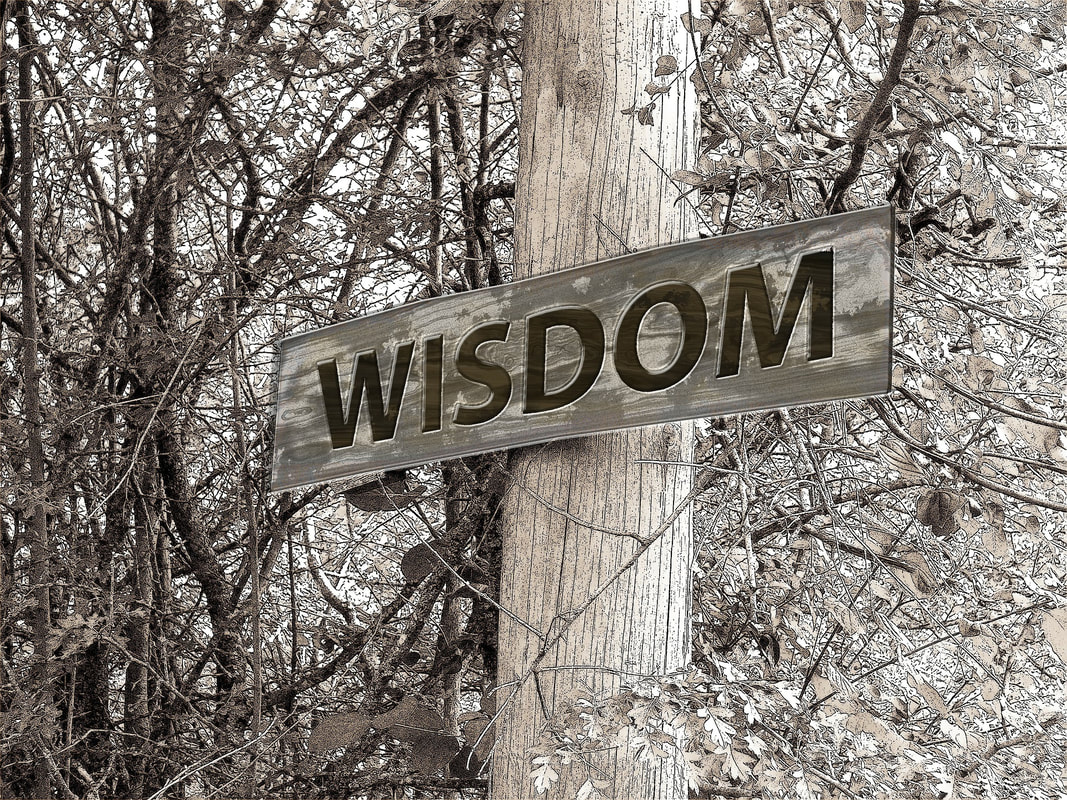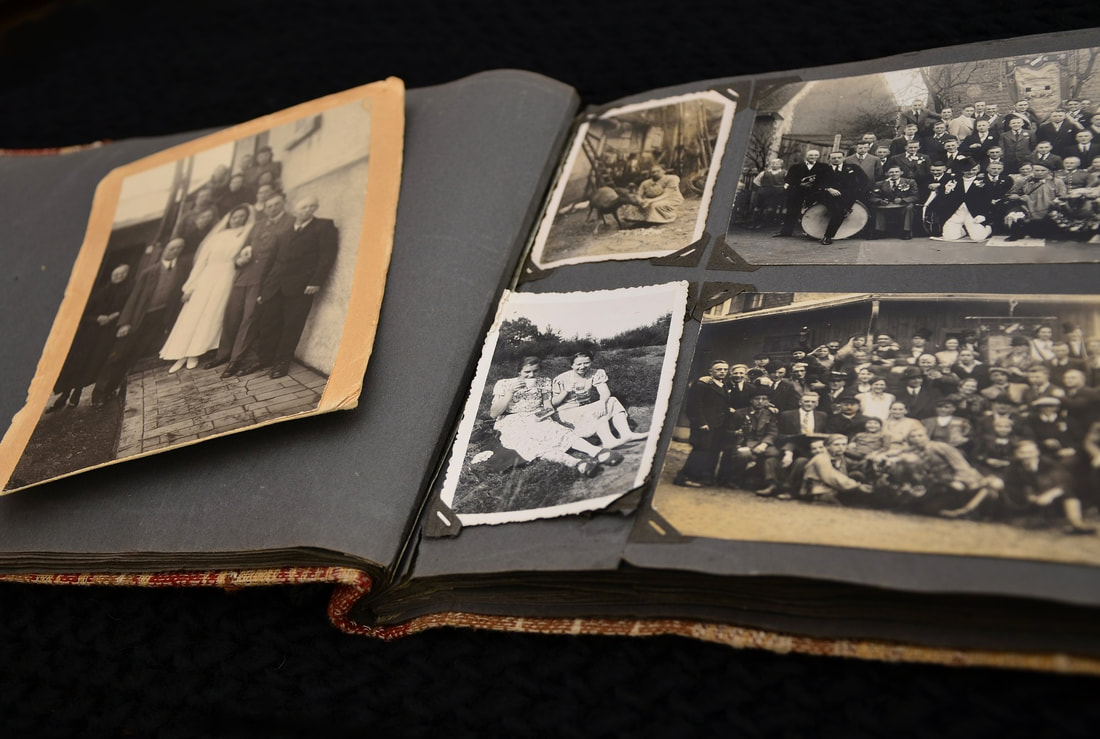|
Image by donations welcome from Pixabay
Seth Godin published a great blog titled “Ashamed to not Know” (http://sethgodin.typepad.com/seths_blog/2012/03/ashamed-to-not-know.html). In it, he points out that “society changes when we change what we’re embarrassed about.” It is now shameful to be a racist in public. The question is “how long before we will be ashamed at being uninformed, at spouting pseudoscience, at believing thin propaganda?” The trouble with many students today seems to be that they have no shame at all about their ignorance. Many seem to wear it as a badge of honor. “Of course, we don’t know about American history, geography, basic mathematics, statistics, or science,” they seem to be saying. “So what?” Their peers don’t seem to pressure them to learn either. Given this, it’s difficult to convince them that there are good reasons to learn the subjects they are being taught. If the only ones sending them the message that it’s important to learn are their elders many will not be inspired and motivated to learn. In my case, I remember thinking, as I first stepped into a college classroom, that what I would now be learning was important and mattered in a way that what I learned in high school didn't. I cared what I learned about and whether I was learning it. But, students really need to care about what they’re learning well before they get to a college campus. We need to begin early and cultivate their caring as an ongoing process. How can we do that? I think it begins with a few simple components: Lead by Example: The adults in a student’s life have to care about learning and show this. This means their parents, their friends’ parents, and of course, their teachers. Young children need to be introduced to adults who have an interest in learning about lots of different things and they need to be shown that this is an important part of adult life. Simply telling them to care about learning without leading by example won’t cut it. Explain: While showing is important, articulating why you should care about learning is also important. Provide reasons and talk about them in the context of learning and do this often and consistently. Show that It’s OK to not know: But, then give them the tools to find out and learn. We can’t know everything and children quickly learn that the adults in their life aren't omniscient. This is OK as long as you then provide a way to learn what you don’t know and show that you care about doing so. You don’t have to learn everything but if you provide the tools for children to learn on their own and encourage them to do so you will be providing them a set of skills they will value and use throughout their life. Care has to be cultivated and encouraged. It takes time, conversation, and starts with caring on your part. I suspect it also contains a small amount of shame. Being ashamed to not know and then acting on this. As Alain de Botton pointed out “Anyone who isn't embarrassed by who they were last year probably isn't learning enough.” If you are not ashamed to not know some things, your children and students will never be inspired to learn. What are you ashamed to not know?
0 Comments
I just purchased a new laptop to replace one that finally gave up the ghost. I paid $350 for it. Amazing! Think back just a few years ago at what you could expect to pay for a new laptop. My first one cost over $1,000. The one I have now is more powerful in virtually every way. I expect when it comes time to replace it I will pay less in inflation-adjusted dollars, perhaps even in real terms, for a still more powerful model. We expect that when it comes to our electronic gadgets. And yet...
The same forces at work in computers, smartphones, and other areas of our life where products continue to improve and costs continue to come down could apply in other areas of our life as well. But, our elected leaders, charged with improving such areas as education and health care seem to have absolutely no curiosity at all about how the price of laptop computers continues to decrease even as the quality and performance increase. Either they have no curiosity or, what would be worse, active contempt for the market forces at work. Health care costs continue to rise even as the same technology driving my laptop is an important factor in health care. Tuition for higher education continues to rise at what everyone agrees is an unsustainable rate even as more students demand online learning. How come the technology in health care and education is not having the same effect on costs as it does when I buy a new laptop? My wife is a primary care physician and I am a college professor. We are both working in fields where the adoption of technology is increasingly important. For her, it is electronic medical records. For me, it is online education. Yet, powerful forces are working against the cost-saving effect of technology and it is similar to what we saw happen in the recording industry in which I also participate as a recording artist. For the longest time record companies fought against file sharing and electronic forms of music distribution. Now many of those record companies are struggling to survive in an industry where consumers and producers have moved on without them to new ways of creating and consuming music. Similar forces are at work in the television and movie industry. And, if we're lucky those same forces will also begin to work in health care and education. Things are already happening. I think as a result of improvement in technology and increased costs of regulation and compliance opportunities for freelance educators and physicians will abound. You see, electronic medical records are not simplifying the lives of doctors and improving patient care because the audience for these records is neither physicians nor patients. The audience is health insurance companies. In education, the audience for the course syllabus (now numbering 15-20 pages) is no longer the student. The point is no longer how we can serve students in education but how we can serve accreditors with compliance. There are striking parallels between the two industries. The most striking for me is their vulnerability to disruption. Education is a little further along in this process with the growth of homeschooling and unschooling and, now even, uncollege. Health care seems to be lagging but not for long. Here's my question to you, dear reader and consumer: How much would you be willing to directly pay for quality health care delivered to your house at your convenience? How much would you be willing to pay for a doctor to come to your home for your appointment, spend 30-45 minutes with you, and focus on treating you instead of filling out forms? No insurance, no complications. Just quality individual health care? What is that worth to you? Because soon you will have that option and it will be much better for your health! It's an interesting question. I was once asked by a philosophical counseling client: "Can you become wise by doing unwise things?" It may also sound like a strange question but the premise behind the question was whether experience, even the experience of making mistakes and learning from them, could lead to wisdom. Let's look at it by looking at the concept of wisdom and seeing where this leads us.
"Wisdom is organized life." So says philosopher Immanuel Kant. Perhaps wisdom can best be thought of as the product of learning from doing many unwise things. However, without this learning, I'm not sure wisdom naturally arises from simply doing unwise things. In a similar vein, wisdom entails knowing what you do not know as Socrates realized when he was dubbed the wisest of all men. Since he knew there were many things of which he was ignorant he concluded that it must be because he knew this which made him wise. Henry David Thoreau once said, "it is characteristic of wisdom not to do desperate things." This may also argue against the notion that one becomes wise by doing unwise things. Aristotle pointed out in his Nicomachean Ethics that one becomes a virtuous person by getting into the habit of acting virtuously. Perhaps this also applies to wisdom. We must get into the habit of acting wisely to become wise people. So, becoming a wise person would then be the product of doing many wise things. Also in the Nicomachean Ethics Aristotle distinguishes practical from philosophical wisdom. Practical wisdom deals with action, while philosophical wisdom deals mainly with contemplative virtues. Both are important. Both must be practiced with deliberation. Both are important to our happiness. An important consideration behind the original question is whether it is possible to recognize in advance that an action is wise or unwise. To the extent that it is possible to recognize an action as unwise, it seems unlikely that wisdom would result from doing that which is unwise. I share this line of thought with you here for three reasons: 1. First, it shows the kind of question that often arises from reflection on our everyday life and the problems we face. Many questions we ask in the course of our life are, at their root, philosophical questions. While they may not seem like it on the surface if you dig a little deeper the underlying premises behind the question as well as how they can be answered rely on philosophical principles. 2. Second, it shows that philosophy can shed light on this kind of question. Philosophers have been thinking about such issues for centuries and we can benefit from their reflection. Philosophers don't offer ready-made one size fits all answers but then these kinds of questions can't really be answered that way. They require individual reflection and individual application. 3. Third, it shows that to benefit from this kind of counseling one must enter into a dialogue of some kind. The dialogue can occur between a client and a counselor. Or the dialogue can occur between a questioner and some philosophical reading. Either way, the point is to enter into a dialogue and reflect on that dialogue. Perhaps once cannot become wise by doing unwise things, but once can become wiser by engaging in philosophical inquiry and dialogue. And this dialogue can always be enhanced by having a philosopher as your dialogue partner. Email me to start your philosophical dialogue! This is another question my daughter has been asking lately and another chance for some exploration. We’ve decided to create our own timeline that we can use to fill in events that happen in our lives. But, to allow for the growth of interest and exploration of the past we’ve created our timeline to go back several thousand years into the past. We haven’t talked too much about those distant past times yet but it’s there to fill in when we want to.
At this point, we have such major events as her date of birth, mommy and daddy’s dates of birth, grandparent’s dates of birth. I’ve always had the idea that history could be studied by working backward from where we are now to the recent past and then on back to the more distant past. And examples abound in everyday life to introduce the concept of “back then.” We watch color television now but television wasn’t always in color. In fact, for us, this topic came up as a result of watching some old Andy Griffith Show episodes which are in black and white. Now, when we talk about a long time ago” Teagie likes to ask “was that when there was no color?” It continues to amaze me just how many ways there are into various educational topics if you look for them. I should point out that I don’t look upon everything we do as an excuse to provide a “lesson” or a “lecture” on a topic. I am careful to keep our talks conversational and when she’s ready to move on to something else, we move on. Many times, though not always, she’ll ask about what we were talking about later thus opening the door for a little more information. The concept of time and a sense of history are so fascinating and fun to share! We talk about her first Christmas. “Was that a long time ago?” We talk about dinosaurs and that they are now extinct. “Was that a long time ago?” We talk about how people used to get from here to Europe by boat. “Was that a long time ago?” We talk about who built the pyramids in Egypt. “Was that a long time ago?” So many opportunities for interesting conversations and learning built into that one question. At heart, I am a minimalist and like a neat and clean home. I have even dabbled in Feng Shui which bears out my intuition that a clean and clutter-free house reduces stress and increases one's sense of well-being.
I am also an unschooling dad and recognize the value of the concept of strewing. To expose my daughter to new interesting things, it is helpful to have these new and interesting things close at hand and readily available so she can choose to explore them. Even if she doesn't choose to explore them it's still good to have a variety of things available to spark her interests. So, I have to work at resolving the tension between these two values. I sometimes wonder if other unschoolers face a similar tension. I have read about some families who have solved the dilemma in either of the two obvious extremes. On the one hand, are cases where the family simply refuses to give any ground to the impulse to have a clean and regimented home environment. On the other, the families which forgo, temporarily or permanently, home organization in favor of all-out strewing. To add to the dilemma for me are two other factors. I am a professional educator (teaching philosophy in college) so I recognize the validity of the educational benefits of strewing. I am also an aspiring professional organizer and hope to one day turn this into a side-line where I offer various organizing services to residential clients. Given these factors, I cannot really justify either extreme solution to the problem. The solution our family has opted for which honors both my need for order and our daughter's need for access to various items contains several elements. First, we have a designated playroom where my wife has sewing and craft material and my daughter has plenty of toys, games, puzzles, and books. We have also devoted much of the basement to the craft and play area. The rule for these areas is pretty much "anything goes" as long as there is an area where you can safely walk and get from one part of the room to another. Second, we have a few designated areas where order reigns supreme. Our formal living room has built-in bookshelves and so is "the library." This room also serves as my music studio where I have my iMac computer and keyboard. Here there is no clutter and no strewing. Third, bedrooms are clutter-free zones which is in accordance with good Feng Shui principles. Bedrooms are for bedroom activities and nothing else. We have no electronics in the bedrooms. Our daughter's bedroom has several bookshelves but items kept there are kept neatly on the shelves and returned when we are through with them. Toys are replaced in the toy chest. The room is very restful and relaxing as a bedroom should be. Fourth, we have the "hybrid" areas of the house which can go either way. We strew things in the kitchen and family room but we can also quickly clean these rooms up for other activities. All in all, this system seems to work well for everyone. I am happy to sacrifice a little of my need for order to benefit my daughter's need for a variety of easily accessible items to play with and explore. Have you had similar issues with reconciling a need for order and a need for strewing? How have you resolved them? I'd love to hear your ideas! |
KEVIN J. BROWNEPhilosopher / Educator These blog posts contain links to products on Amazon.com. As an Amazon Associate I earn from qualifying purchases.
Categories
All
Archives
April 2023
|








 RSS Feed
RSS Feed
















